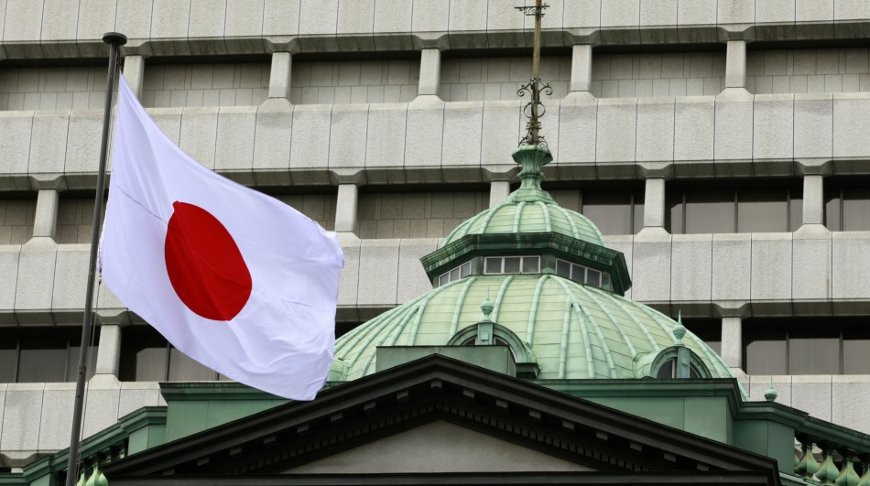Lihat juga


 01.05.2025 11:31 AM
01.05.2025 11:31 AMThe yen fell sharply against the dollar and bond yields declined after the Bank of Japan (BoJ) left interest rates unchanged and pushed back the expected timeline for hitting its inflation target amid rising uncertainty due to U.S. tariffs. The Japanese currency dropped 0.5% to 143.79 after the BoJ held its benchmark rate steady at 0.5%. Meanwhile, the 10-year government bond yield fell 4.5 basis points to 1.265%, and the five-year sovereign yield slid 6 basis points to 0.82%.
The BoJ now expects inflation to align with its 2% target in the second half of the extended forecast period, which has been pushed out by a year to include fiscal 2027. The central bank also noted that price risks are skewed to the downside and emphasized the high level of uncertainty surrounding future trade policy.
The BoJ's decision to maintain its monetary policy sparked a mixed reaction among economists and analysts. On one hand, the policy stance is intended to support economic recovery, particularly amid global instability. On the other hand, the lack of further rate hikes undermines the yen's appeal as a safe-haven asset in the current climate, potentially leading to a more prolonged period of depreciation against the U.S. dollar.
Despite the optimistic inflation forecast, many experts doubt its feasibility given persistent global economic challenges and geopolitical tensions. In particular, unpredictable trade policies and potential supply chain disruptions could significantly impact prices and economic growth. The BoJ will need to monitor developments closely and be ready to adjust policy if necessary. Striking a balance between supporting the economy and controlling inflation is crucial for ensuring sustainable and balanced growth.
Futures market traders also adjusted their expectations for further tightening, with overnight index swaps now pricing in a 39% chance that the BoJ will raise rates by year-end.
"The BoJ's outlook report was more dovish than expected," said analysts at Mitsubishi UFJ Morgan Stanley Securities Co. "It likely signals an intention to wait for a clearer picture of the impact of U.S. tariffs before resuming rate hikes."
The yen had been strengthening against the dollar for four consecutive months, hitting its highest level since last September last week, as Trump's trade war spurred a sell-off in U.S. assets and boosted demand for safe havens. According to data from the Commodity Futures Trading Commission (CFTC), net long yen positions among speculative traders recently hit an all-time high.
Traders will continue to closely monitor any signals from BoJ Governor Kazuo Ueda regarding future rate hikes — especially amid ongoing geopolitical uncertainty and the yen's recent strength.
You have already liked this post today
*Analisis pasar yang diposting disini dimaksudkan untuk meningkatkan pengetahuan Anda namun tidak untuk memberi instruksi trading.

